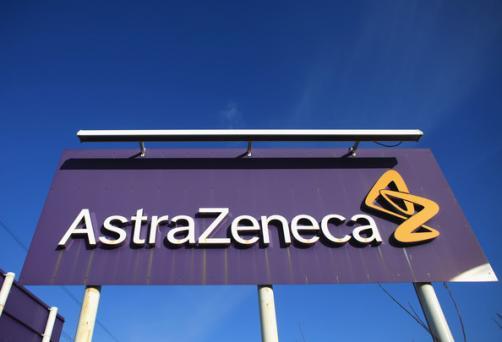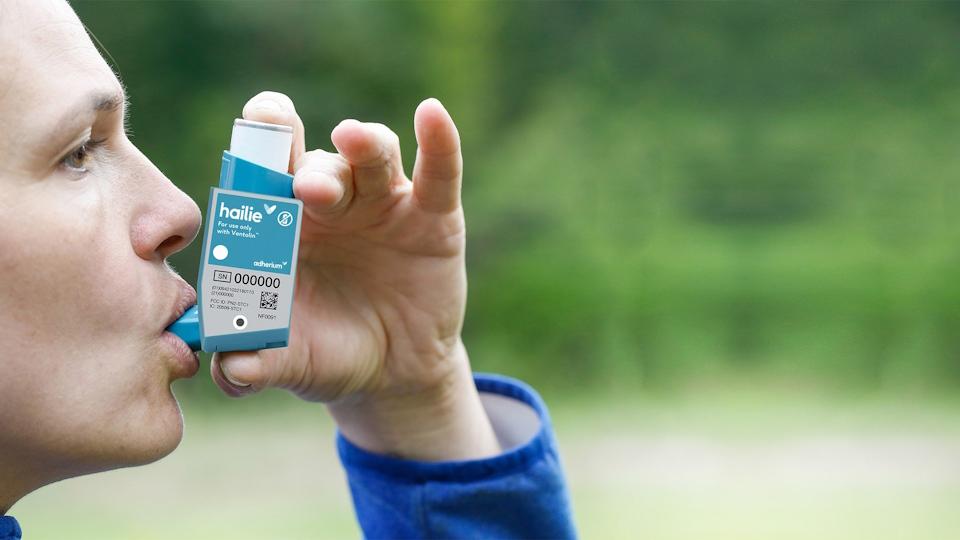AstraZeneca's Farxiga fails phase 3 COVID-19 test

Hope that AstraZeneca's diabetes and heart failure drug Farxiga might treat patients hospitalised with COVID-19 have been dashed after the drug failed to make an impact in a phase 3 trial.
The DARE-19 trial showed that giving Farxiga (dapagliflozin) to COVID-19 patients at risk of developing severe complications wasn’t able to reduce the risk of organ dysfunction and death from any cause, or boost their chances of recovery.
The study was started a year ago at Saint Luke's Mid America Heart Institute in the US, and was the first to test a drug in the SGLT2 inhibitor class for its potential in COVID-19.
The rationale for using the drug was that people with heart, kidney or metabolic conditions like diabetes are often more likely to develop severe disease and complications like organ failure.
As prior studies of Farxiga have shown that the drug can protect organs like the heart and kidneys, AZ and Saint Luke's set out to see if that would translate in better outcomes for patients with pre-existing health conditions.
In DARE-19 Farxiga was given over 30 days to 1,250 COVID-19 patients with illnesses including high blood pressure, atherosclerosis, heart failure and chronic kidney disease (CKD), as an add-on to standard care.
The trial did not achieve statistical significance for the main goals of prevention and recovery – the latter measured by the patients' change in clinical status on a scale from early recovery to death – at 30 days.
On the plus side, there were no safety issues in the trial. The investigators had come into some criticism because some expert groups had advised that SGLT2 inhibitors be stopped in all patients hospitalised with COVID-19 due to an increased risk for diabetic ketoacidosis (DKA).
While the result was disappointing, lead investigator Mikhail Kosiborod of Saint Luke's said "the findings are very interesting and valuable, and will inform future clinical science". The data will be presented in full next month at the American College of Cardiology (ACC) congress.
For AZ, the results come almost as a distraction from the relentless scrutiny over the safety of its COVID-19 vaccine Vaxzevria (AZD1222), which has seen its use restricted in younger patients a growing number of countries – including the UK – as a link to thrombotic side effects is investigated.
The drugmaker is also developing a COVID-19-targeting antibody combination – known as AZD7442 – that is being tested in the large-scale ACTIV-2 study in the US.
ACTIV-2 has an adaptive design which allows investigators to add sub-studies of promising new agents as they emerge. AZD7442 is based on antibodies from two patients who had recovered from COVID-19 that have been engineered by AZ to be longer-acting in the body. Possible use of the drug to prevent infection with SARS-CoV-2 is also being explored.













